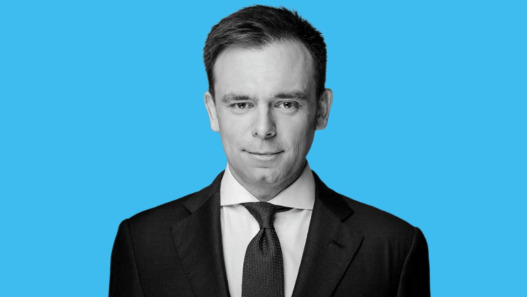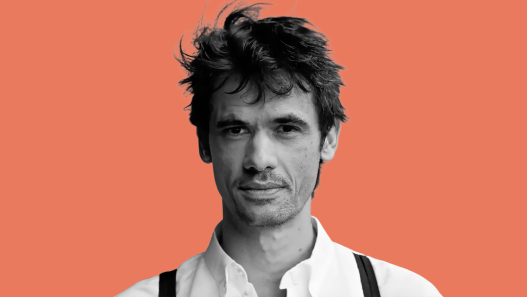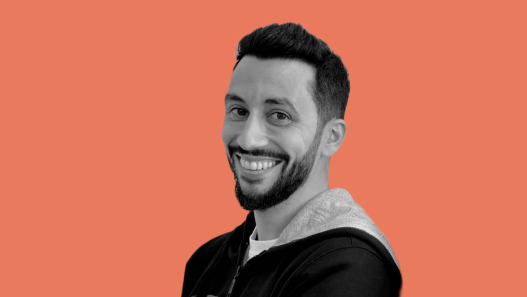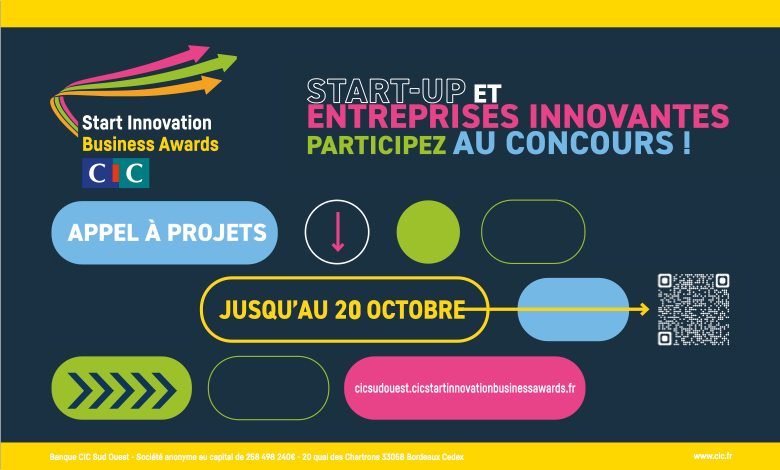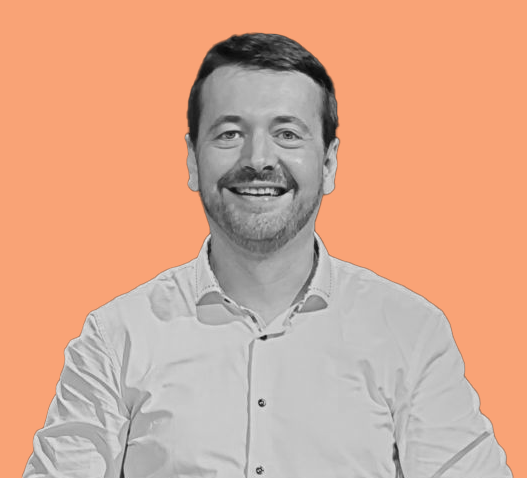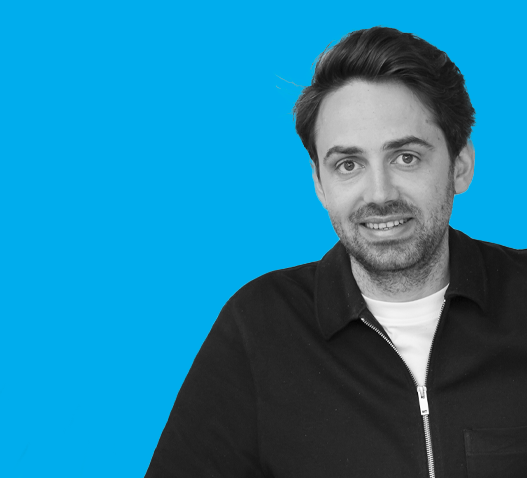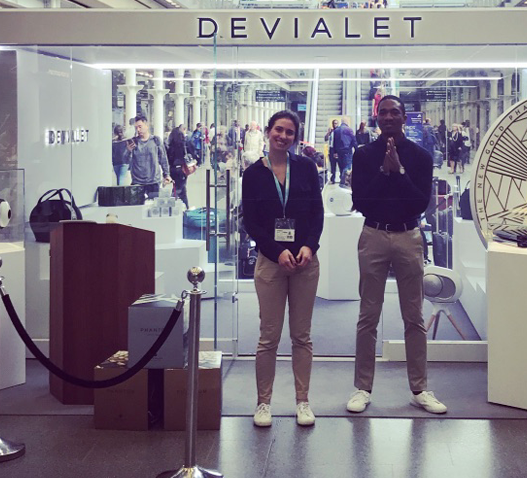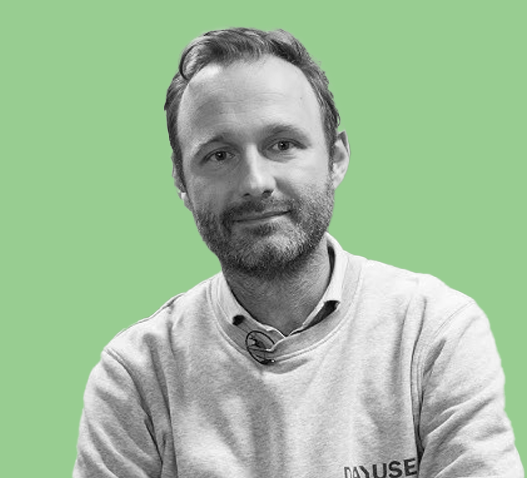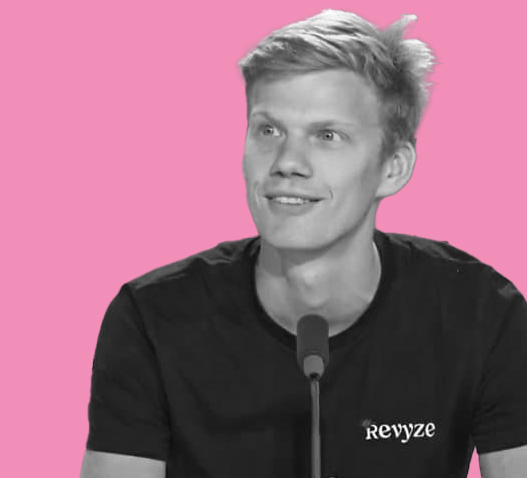Founded in 2017 by Alexandre Prot and Steve Anavi, QONTO has quickly become a significant player in the European banking landscape for small and medium-sized enterprises (SMEs). With a presence in four countries and a customer base of 450,000 clients, QONTO has responded to the growing demand for digital banking solutions tailored to businesses. However, despite notable achievements, the company faces several challenges in an increasingly competitive market.
Growth and European Expansion
Since its inception, QONTO has experienced rapid growth, now operating in France, Germany, Italy, and Spain. In 2022, the fintech completed the largest fundraising round in the French neobank sector, securing €486 million, bringing its total capital raised to €600 million since 2017. This funding allowed QONTO to expand its team to 1,400 employees and accelerate its international growth, including the strategic acquisition of the German neobank Penta.
Yet, despite these achievements, the company is still working towards profitability. As Alexandre Prot explained, “Our goal is to become profitable by the end of 2025. This is a key focus for us because profitability is what investors are increasingly looking for in today’s economic environment.” Achieving profitability will require QONTO to balance growth with cost control, a challenge that could define its future trajectory.
The Strategic Acquisition of Penta
The acquisition of Penta in 2022 was a major step in QONTO’s strategy, enabling the company to solidify its position in the German market by absorbing 50,000 clients and integrating 200 new employees. Alexandre Prot highlighted the rationale behind this acquisition: “We saw that becoming number one in Germany would take too much time organically, so acquiring Penta allowed us to scale quickly.”
However, the integration of Penta’s team and clients was not without its challenges, as the process was only completed by November 2023. Prot acknowledged that mergers come with their own set of hurdles: “It’s not easy to fully integrate a competitor’s systems, teams, and customers, but we’re pleased with the outcome and now firmly hold the number one spot in Germany in our segment.”
This acquisition underscores QONTO’s broader market consolidation strategy, which could continue in other regions. However, while external growth through acquisitions can accelerate market leadership, it also introduces operational complexities that can slow organic growth and strain resources.
Competing in a Crowded Sector
The European fintech market is increasingly crowded, with competition from both traditional banks and other neobanks such as Revolut and N26. In addition, some fintechs, like Shine, have been put up for sale by their parent companies, suggesting that market consolidation may become a recurring trend.
Discussing this competitive environment, Prot noted, “After the rapid growth period between 2018 and 2021, it’s normal to see consolidations and some fintechs stepping back. The market is evolving, and not every player can survive long-term.” He also pointed out QONTO’s technological edge, developed in-house, which helps differentiate the company from competitors relying on older, less agile infrastructures: “We built everything from scratch, and that gives us a significant advantage over traditional banks that are trying to modernize outdated systems.”
Investor Relations and Financial Strategy
Since its early days, QONTO has attracted major investors, including Alven Capital, Valar Ventures (co-founded by Peter Thiel, founder of PayPal), KKR, Eurasio, and Tencent. However, Prot acknowledges that raising funds in today’s market is more difficult than it was two years ago: “We were lucky to raise €486 million in 2022, but in 2024, it would probably be much harder. The fundraising environment has changed dramatically.”
The participation of Tencent, a Chinese tech giant, raised questions about data sovereignty and European regulations. Prot addressed these concerns directly: “Tencent is a minor shareholder with no access to our customer data. Their participation is purely financial, and they are not involved in the day-to-day operations of QONTO.”
While QONTO has successfully secured significant funding in the past, future fundraising could prove more challenging as investors shift their focus from growth to profitability.
The Road to Profitability
One of QONTO’s key goals is to achieve profitability by the end of 2025, a challenge in the highly competitive fintech sector. Prot is confident in the company’s trajectory: “We have a clear path to profitability and we’re on track to reach it by the end of 2025, if not earlier.” However, achieving this goal will require QONTO to increase its revenue per client and expand its offerings.
One area of focus is credit services. Although QONTO does not offer credit directly, it has partnered with firms like Silvr and DeFacto to offer financing solutions to its customers. Prot explained, “We already provide credit through partnerships. It’s something our customers need, and we’re expanding those offerings in the coming months.”
However, the pressure to balance growth with profitability might force QONTO to make tough decisions about where to invest next, particularly regarding international expansion.
A Sustainable Business Model?
QONTO’s business model revolves around offering banking services tailored to SMEs, including account management, invoicing, and expense tracking. Prot sees this as a strength in a market that is often overlooked by traditional banks: “SMEs are at the heart of what we do. We’re focused on solving their problems, and that’s why we’re succeeding.”
Despite this, questions remain about whether QONTO’s model can generate sufficient margins in the long term, especially in a sector known for low margins. Prot admitted that profitability remains a challenge for many fintechs: “Becoming profitable is hard in fintech, especially when margins are thin. But we believe that by staying focused on SMEs and expanding our product offerings, we can achieve sustainable profitability.”
Conclusion
QONTO’s journey from its founding in 2017 to its current status as a leading European fintech has been marked by impressive growth, strategic acquisitions, and successful fundraising. However, the company faces significant challenges as it strives for profitability in an increasingly competitive and consolidated market.
As Alexandre Prot emphasized, “We’ve built a strong foundation, but the road ahead requires careful navigation. We’re focused on delivering value to our customers while staying disciplined about growth and profitability.”
The next few years will be critical for QONTO as it works to prove that its business model is sustainable and that it can thrive in a sector where growth at all costs is no longer the winning strategy.


